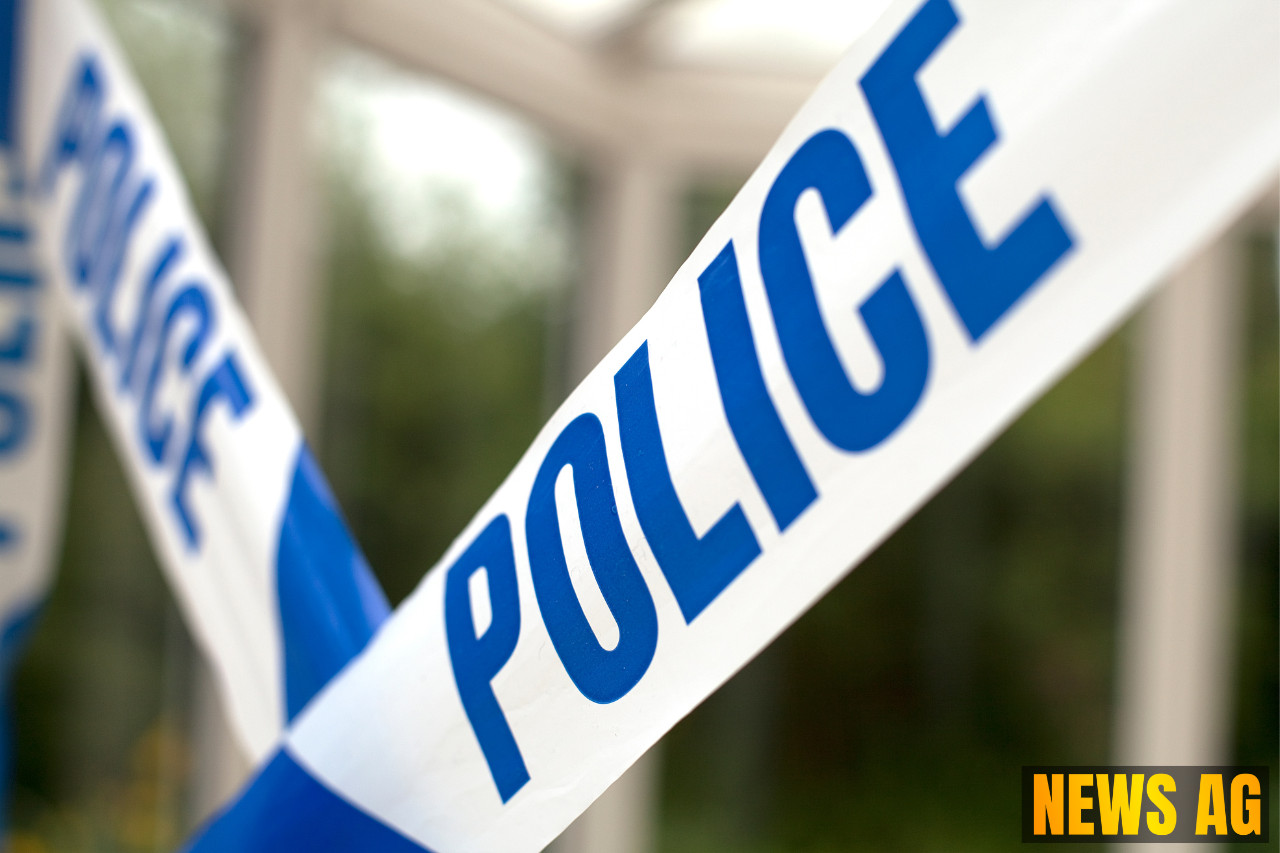
In the heart of Washington, D.C., armored tanks are rolling in, coinciding with the 250th anniversary of the U.S. Army. The timing couldn’t be more notable, as it aligns with President Trump’s upcoming birthday on June 14. Yet, amidst this display of military might, a substantial wave of dissent is on the horizon, with protests scheduled in over 2,000 cities and towns under the banner of the „No Kings“ movement, rallying against Trump’s presidency and immigration policies, as USA Today reports.
The „No Kings“ protests promise to be the largest mobilization yet, engaging participants across all 50 states. A staggering 1,500 locations will host gatherings aimed at standing against Trump’s $100 million military spectacle and what critics call his „billionaire-first agenda.“ The event reflects a deep-seated frustration fueled by budget cuts affecting crucial social services while taxpayer money is funneled into extravagant displays of military power. The aim is clear: to mobilize against not just the militarization of democracy but the broader authoritarian tendencies observed in his administration, as highlighted by No Kings.
Growing Discontent
It’s not just about the military parade; this movement echoes years of dissent regarding immigration enforcement, especially the controversial actions of Immigration and Customs Enforcement (ICE), as witnessed in Texas. Recent events, such as the forcible removal of U.S. Senator Alex Padilla at a press conference, have fueled concerns about the government’s authoritarian approach. These issues speak to broader anxieties regarding the use of federal resources and troops where they are unwarranted, especially with public approval ratings for Trump hovering at a dismal low. A Quinnipiac poll noted that around 60% of Americans disapprove of the military parade, highlighting a significant outcry against the administration’s priorities, according to USA Today.
The protests are not limited to liberal enclaves; they are set to spread across red and blue states alike. This widespread dissatisfaction indicates a nationwide consensus against Trump’s policies—a sentiment that has only intensified as budget cuts hit essential services while funding for military displays remains strong.
Concerns Over Surveillance
However, the atmosphere leading up to the protests is fraught with unease. President Trump has issued a warning that participants could face „very heavy force,“ a stark statement that raises alarms about potential law enforcement responses. Organizers have opted to exclude D.C. from their planned protests, but concerns still linger about possible surveillance measures during upcoming events, highlighted by The Verge. While the White House has not confirmed plans for surveillance deployment, the use of drones by the D.C. Metropolitan Police for monitoring has been publicly acknowledged.
Experts have voiced concerns that the government’s past actions, including the deployment of surveillance tools during protests, could chill the spirit of free speech. The ACLU has warned that such surveillance not only poses risks to legal precedents but could deter individuals from exercising their rights to protest altogether. For many, the specter of targeted surveillance during protests is a significant deterrent to engagement.
The upcoming „No Kings“ protests serve as a critical juncture in American politics, inviting all citizens to reflect on issues of democracy and governance—not just on June 14, but beyond. With strong feelings on both sides, the days ahead will prove to be telling about the future of dissent and civil liberties in the United States.
